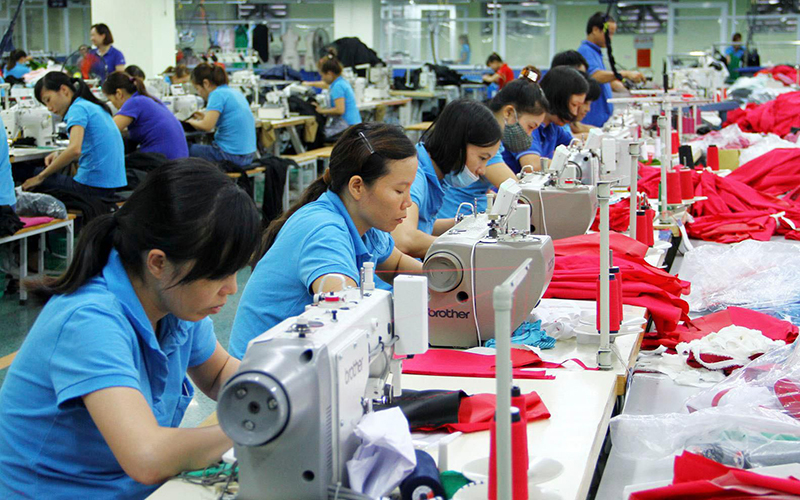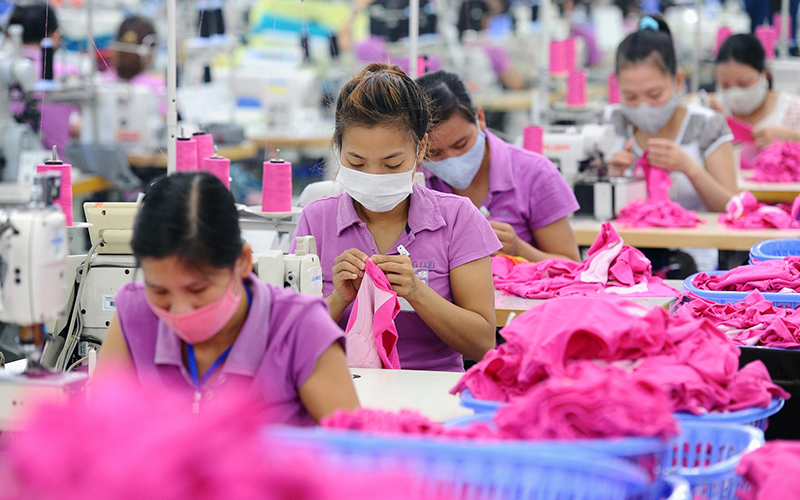In the past, women who worked during their period were entitled to a 30-minute break per day, with a minimum of three days per month, while still receiving their full contracted salary. Now, women who choose to work through their period will receive a salary increase. So, what exactly are these new regulations? Let’s find out!
1 What are the new regulations regarding salary increases for women working during their period?
On December 14, 2020, the government issued Decree No. 145/2020/ND-CP detailing and guiding the implementation of a number of articles of the Labor Code regarding labor conditions and labor relations. This decree will come into effect from February 1, 2021.
Specifically, Article 80, Clause 3 of this Decree stipulates:

Female laborers have the right to a 30-minute break per day during their period and will still receive their full contracted salary. The number of days off will be agreed upon by both parties (the employer and the female laborer) to ensure suitability, but the minimum is three days per month (30 minutes each day).
If the female laborer requests a more flexible break arrangement, both parties will continue to negotiate to arrange the break in a way that suits the actual work conditions and the needs of the female laborer.

A notable new feature of this Decree (which was not present in Decree 85/2015/ND-CP) is that, in cases where female laborers choose to work as usual during their period (without taking a break), they will be paid additional wages for the work done during the break time, and this time will not be considered as overtime.
For example: A female laborer is entitled to a 30-minute break per day for three consecutive days during her period, totaling 90 minutes of break time per month. If the company’s wage rate is 30,000 VND per hour, the additional amount the female laborer will receive each month, on top of her contracted salary, will be 45,000 VND (equivalent to 90 minutes of work).
2 Some other important notes:

The conditions for female laborers to be eligible for additional wage payments when working a full day during their period (without taking a break) are as follows:
– The female laborer voluntarily chooses not to take a break.
– The employer agrees to allow the laborer to work.
This means that if a female laborer wishes to work a full day but the employer does not agree, they are not obligated to pay the additional wages to the female laborer.
Hopefully, through this article, you now have a better understanding of the new regulations regarding salary increases for women working during their period. These regulations will come into effect on February 1, 2021, for all female laborers nationwide.


































